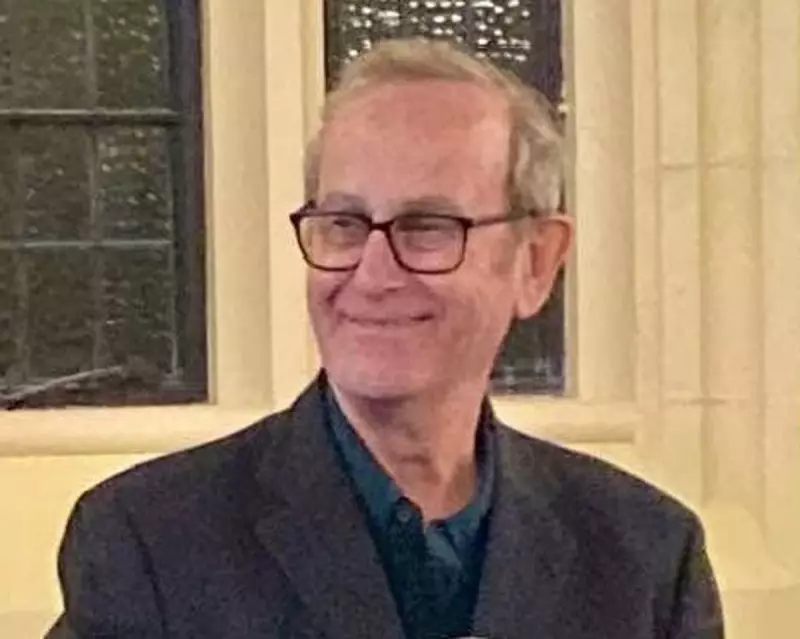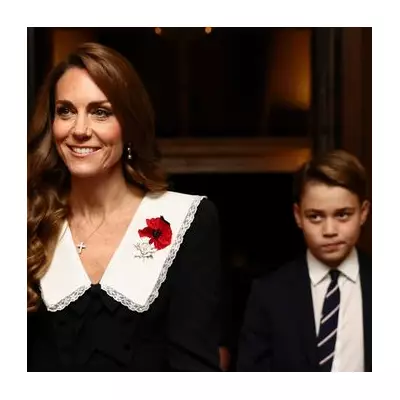
The world of classical scholarship is in mourning following the death of Professor Christopher Rowe, a titan of ancient philosophy whose lucid translations of Plato and Aristotle became indispensable to students and academics alike. He was 81.
Rowe, who passed away on 10th August after a short illness, was a fixture at the University of Cambridge and later Durham University, where his intellectual rigour and generous mentorship defined his illustrious career.
A Life Dedicated to The Ancients
Born in 1944, Rowe's path to becoming one of Britain's most respected classicists was paved with academic excellence. He read Literae Humaniores (Classics) at Oriel College, Oxford, before earning his DPhil. His first post was at the University of St Andrews, but it was his 1975 move to Christ's College, Cambridge, that cemented his reputation.
For over two decades at Cambridge, Rowe was not just a lecturer but an institution. Colleagues and students remember him as a formidable yet supportive presence, capable of unpacking the most complex Socratic dialogue with clarity and passion.
The Translator's Art
While a profound academic, Rowe's most enduring legacy lies in his translations. His work made the dense prose of Aristotle and the nuanced arguments of Plato accessible to a modern audience without sacrificing philosophical precision.
His acclaimed collaboration with Sarah Broadie on Aristotle's Nicomachean Ethics is considered a masterclass in translation, balancing scholarly accuracy with remarkable readability. This talent for bridging the ancient and modern worlds ensured his publications became standard texts in university curricula across the globe.
A Lasting Intellectual Legacy
Beyond translation, Rowe's own scholarly contributions were vast. He probed the ethical dimensions of Platonic and Aristotelian thought, exploring themes of love, friendship, and the pursuit of the good life that remain strikingly relevant. His work demonstrated that ancient philosophy was not a relic but a living, breathing guide to human existence.
Described by peers as "meticulous, insightful, and endlessly curious," Rowe's influence extended far beyond his own publications. He shaped the field by training generations of new classicists, many of whom now hold prominent positions in universities worldwide, ensuring his methods and intellectual passions will endure for years to come.
Professor Christopher Rowe is survived by his wife, Jane, his children, Tom and Lucy, and four grandchildren.





